In my last piece, I spoke about Ryan Coogler’s success and what it means when Black people (and marginalized people as a whole) become successful. I had mentioned the idea of white discomfort with black success and how it manifests in a motte-bailey style of commentary. This time around I wanted to highlight another one of those ways.
This time around, I’m going to discuss how it presents itself when a Black artist is anything less than a Ryan Coogler success story.
Author of The Devil’s Grin and Dog Biscuits, Alex Graham, made a short comic about a phenomenon she was noticing in the industry as of late. What phenomenon? Well, white comics fans and creators only like work by marginalized creators because they feel guilty about their privilege. She specifies the art looking CalArts adjacent–a euphemism for openly queer, openly BIPOC work that focuses on abstraction of people and concepts than traditional technical prowess in its draftsmanship–and having “vapid, uninteresting storylines” (as a shonen battle manga fan of nearly 20 years, I’m not even gonna touch that) with middle school level writing.
I mean, sure, marginalized people don’t even know the difference between white people truly liking their work and virtue signaling about it. It’s not that we could’ve been siloed into writing trauma narratives, slave narratives or Jim Crow narratives and having our original content be summarily ignored for decades. It’s also not like we haven’t had a lifetime of learning the cadence and tone of your voices when you’re being patronizing and condescending either. It’s not as if we don’t have our own career aspirations and goals and would like to engage in the artistic development that you get to have (and still need as an artist’s development is never truly done) that would lead to someone’s first book having an “amateur sense of comic language”.
Sarcasm aside, this is a case of believing that marginalized people stole awards and publishing deals away from white people. Some white folks cannot conceive of black success, or true white allyship so they chalk it up to something sinister like “white guilt”, even when circumstances (like I don’t know, a presidential administration that arrested black officials for trying to stop illegal deportations, books about marginalized people are being taken out of military libraries, my entire career field being gutted due to his war on DEI, etc.) would make it harder than ever.
Is there somewhere in this article where I could talk about the very real feeling of jealousy and how it can make even the nicest people into assholes? No, that’s not this article. It’s not this article because we’ve let appealing to white people’s comfort get in the way of progress to the point where our culture, democracy, and future is at stake. Appealing to white people’s comfort is how we got to where BIPOC and LGBT people are being erased from history all together because the dark history of this country makes white people uncomfortable.
This comic, wrong as it is, is representative of the culture at large right now. The masks are coming off and it’s up to us as a community to call it out. Call things what they are. It’s not just a difference of opinion, it’s not misguided. It’s bigoted. It’s racist. It’s sexist. It’s transphobic, homophobic, ableist, etc. Marginalized people aren’t taking up unnecessary space whether we are successful, established or emerging. We have space and are using it. We are being celebrated for it by white people because–shocker–some white people aren’t bigots. Some of them have unpacked their shit.
If you feel wronged by the industry not recognizing your efforts, then take it up with a therapist. Talk to a trusted friend, but don’t blame marginalized people for your lack of success.
Update as of 5/22/2025:
In the time between writing and the original publishing date of this article, a few things came to light. Graham has made a statement about her comic citing that “There is a dearth of good art and storytelling in the broader art culture at the moment. This is because everyone is paralyzed by the fear of saying or liking the wrong thing” was the subtext of the article.
While this statement in a vacuum could lead to very interesting and necessary conversation about the conservative backslide in publishing, or the more toxic sides of callout culture, within the context of this comic it looks misguided.
To be more specific, having a character wearing a shirt that says “White Guilt” on it and the person they are celebrating being the instigator of said white guilt implies that the pig character is BIPOC. Graham describes anyone who looks at her work this way as having “bad-faith interpretations” of her comic, but the text displays otherwise.
These inferences (note that I did not say assumptions because they are not equivalent) led to a number of creators speculating that because the comic was about awards and white guilt, that Graham had felt resentment toward the BIPOC creators that won awards the same year as Graham’s book Dog Biscuits was nominated. The most notable names brought up were Jamila Rowser, author of Wash Day Diaries and Lee Lai, author of Stone Fruit.
My original thesis, that this is an example of how white creators react to black success, still stands. This thesis and my later statement that this comic is a microcosm of a cultural backslide on DEI still stands. I find it stands firmly when Graham states that the white guilt shirt “was a clumsy, probably hasty way for me to demonstrate a certain type of white neoliberal who exists all over American society, who lets his white guilt determine what he performatively supports” and that using the hyperbolic statement that she’ll “never again… allude to race on America’s internet”.
In the hours between the original piece and this update, I have also seen multiple people call what I and other BIPOC (and white–shocker!) creators are currently doing “bullying”. This is not bullying. This is me writing an article about a larger issue and she happened to be the most recent example of it. This behavior should be called out, and the fact that we don’t address it as openly and have people caping for it as we should has led to a cultural backslide.
All in all, this statement should not have been made. The response to it makes it very clear that as an industry we have a ways to go when it comes to addressing jealousy and how that manifests into bigotry, even if it was “clumsy”. We have even more work when it comes to the idea of “whitelash”, or the idea that if white people are made too uncomfortable about seeing racial progress or afraid to speak their “truth” that it’ll lead to more pronounced bigotry as well.

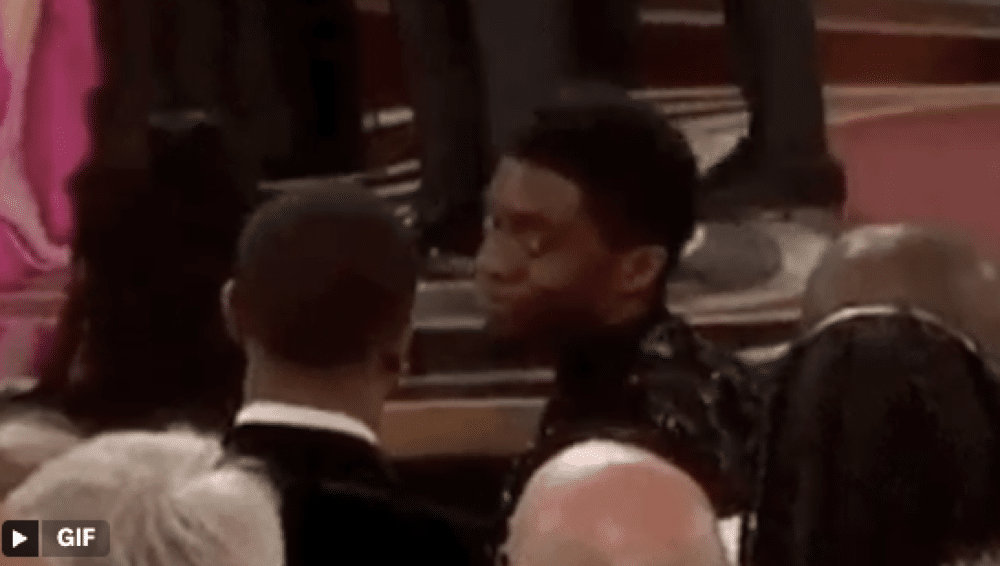
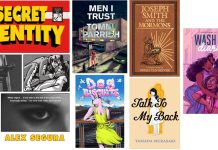
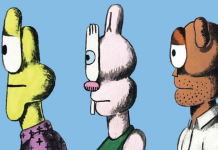
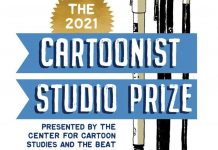
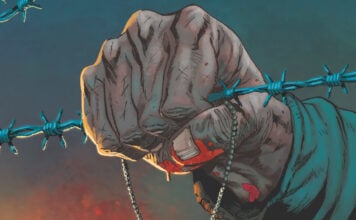




Thank you for this! As a Black comic creator I feel a lot of this deeply, as well as agree with the need to call it out. Too many times people get slink away and come back with a new coat of paint. We need to keep the receipts
Comments are closed.